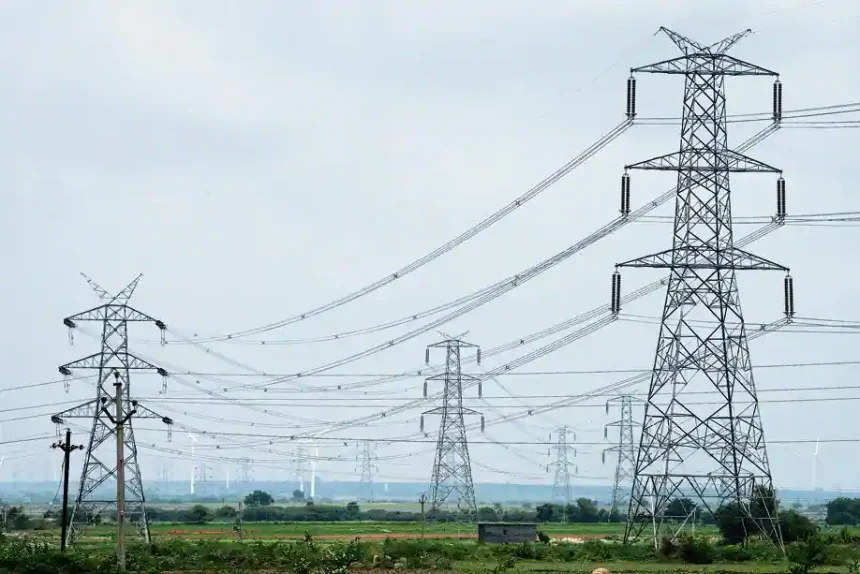The Interim Government’s Advisory Council on Thursday approved a new power policy to replace the “Enhancement of Private Participation in the Power Sector, 2008.”
The new policy, designed to increase private participation in renewable energy-dependent merchant power plants, aims to enhance green energy transmission, foster competition in power generation, and reduce state subsidies, Chief Adviser’s Press Secretary Shafiqul Alam said following the meeting.
Currently, the government purchases all the power generated by private plants. Under the new policy, however, the government will buy only up to 20 percent of the power from merchant power plants. The remaining power can be sold to any customer the company chooses at negotiated prices. Companies will be allowed to use government transmission lines but will have to pay a wheeling charge, regulated by the Bangladesh Energy Regulatory Commission (BERC).
Alam criticised the previous policy for enabling the misuse of state funds, noting that the government had to provide an unsustainable power subsidy of Tk 67,000 crore last year.
The new policy aims to reduce dependence on local natural gas and other imported fossil fuels while promoting power generation from renewable sources. It is also expected to support the green energy needs of Bangladesh’s export-oriented industries.
In a liberal, competitive market environment, the interim government expects significant investment in solar energy. Alam highlighted the example of Pakistan, where massive investments in solar energy have led to many consumers purchasing power from private solar companies or generating their own electricity, reducing dependence on the national grid.
As the cost of solar energy continues to fall globally, Bangladesh is expected to see lower energy costs and, eventually, a decrease in power tariffs. “This policy will bring about a transformative change in the energy sector,” Alam said.
At present, much of Bangladesh’s power is generated by burning gas, either sourced locally or imported via LNG. The new policy aims to reduce reliance on gas and decrease LNG imports, which cost the country hundreds of millions of dollars annually. This shift is expected to help reduce the average tariff cost.
The government will not guarantee any fuel supply to merchant plants.
The policy also outlines qualifications and disqualifications for investors. Those with financial obligations to the government, defaulters listed by Bangladesh Bank, or those associated with foreign governments or Bangladeshi institutions will not be eligible to invest in merchant power plants.
Once fully implemented, the policy will create a competitive market for electricity production and sales using clean, acceptable fuels in the private sector. This will enable Bangladesh’s export-oriented industries to produce goods using renewable energy, allowing them to compete in global markets.
The policy will take effect upon the publication of the gazette.


